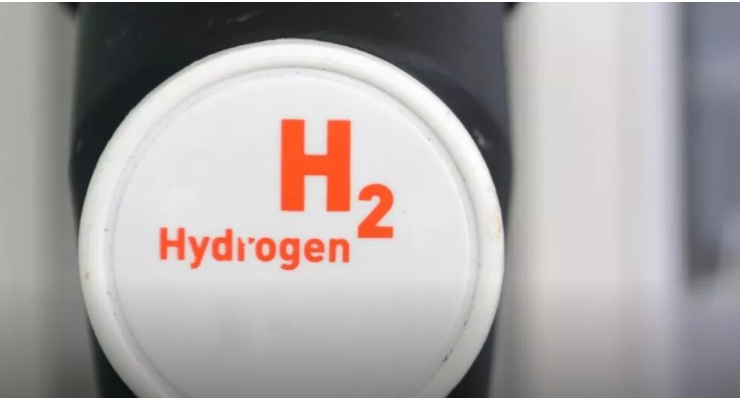
UMW, NanoMalaysia Berhad (NMB), Petronas, and the Malaysian Green Technology and Climate Change Corporation (MGTC) have joined forces to launch Peninsular Malaysia’s first Mobile Hydrogen Refueling Station project. This ambitious initiative aims to revolutionize clean mobility and drive the adoption of fuel-cell electric vehicles (FCEVs), ushering in a new era of sustainable transportation in the region.
The Mobile Hydrogen Refueling Station will find its home at the Kuala Lumpur Convention Centre, marking a significant milestone for clean energy infrastructure in the country. Presently, the availability of hydrogen refueling stations is limited, with existing ones located in Sarawak. The introduction of the Mobile Hydrogen Refueling Station in Peninsular Malaysia represents a giant leap forward in expanding the hydrogen infrastructure network and promoting the uptake of FCEVs.
The collaborative efforts of UMW, Petronas, NMB, and MGTC are bolstered by the support of the Ministry of Science, Technology, and Innovation (MOSTI) through the Hydrogen Economy and Technology Roadmap (HETR). This strong backing from both the private and public sectors underscores the commitment to sustainable and clean transportation solutions in Malaysia.
Petronas, a leading energy company, will play a pivotal role in the project by supplying and providing mobile hydrogen filling facilities, ensuring the efficient operation and maintenance of the station, and contributing to the production of green hydrogen. Green hydrogen, produced through electrolysis using renewable energy sources, has the potential to significantly reduce carbon emissions and promote a sustainable energy ecosystem.
NanoMalaysia Berhad (NMB) brings its advanced technologies to complement the project, enhancing the efficiency and effectiveness of the Mobile Hydrogen Refueling Station. The collaboration aims to create a seamless and user-friendly experience for FCEV owners, encouraging the adoption of hydrogen-powered vehicles.
UMW, as a key player in the automotive industry, will fleet the innovative Toyota Mirai hydrogen fuel-cell vehicle. The Toyota Mirai represents cutting-edge technology in the realm of fuel-cell electric vehicles, utilizing hydrogen and oxygen in fuel cells to generate electricity on the move. This technology offers the advantage of long-range capabilities and fast refueling, addressing one of the key challenges faced by battery electric vehicles (BEVs).
FCEVs like the Toyota Mirai hold the potential to transform the automotive landscape, providing a cleaner and more sustainable alternative to traditional internal combustion engine vehicles. The use of fuel cells to produce electricity on-demand enables FCEVs to achieve longer driving ranges and quicker refueling times compared to BEVs. However, it is essential to address the cost of hydrogen production and distribution to ensure the economic viability and widespread adoption of FCEVs.
One of the key highlights of this collaboration is the development of a mobile hydrogen refueling solution, enabling flexibility and adaptability in meeting the refueling needs of FCEVs across different locations. This technology paves the way for further advancements in the hydrogen infrastructure, allowing for the establishment of additional hydrogen refueling stations with ease.
As with any new technology and infrastructure, challenges and hurdles lie ahead. The cost of hydrogen production, distribution, and establishing a comprehensive refueling network are some of the primary challenges that need to be addressed for the widespread adoption of FCEVs. However, with strong collaboration between private enterprises, government support, and advancements in hydrogen technologies, these obstacles can be overcome, leading to a cleaner and more sustainable transportation future for Malaysia.
The Mobile Hydrogen Refueling Station project represents a significant step towards realizing a hydrogen-based economy, promoting green mobility, and contributing to the nation’s climate goals. With each stride towards cleaner transportation, Malaysia edges closer to achieving a greener and more sustainable future for generations to come.